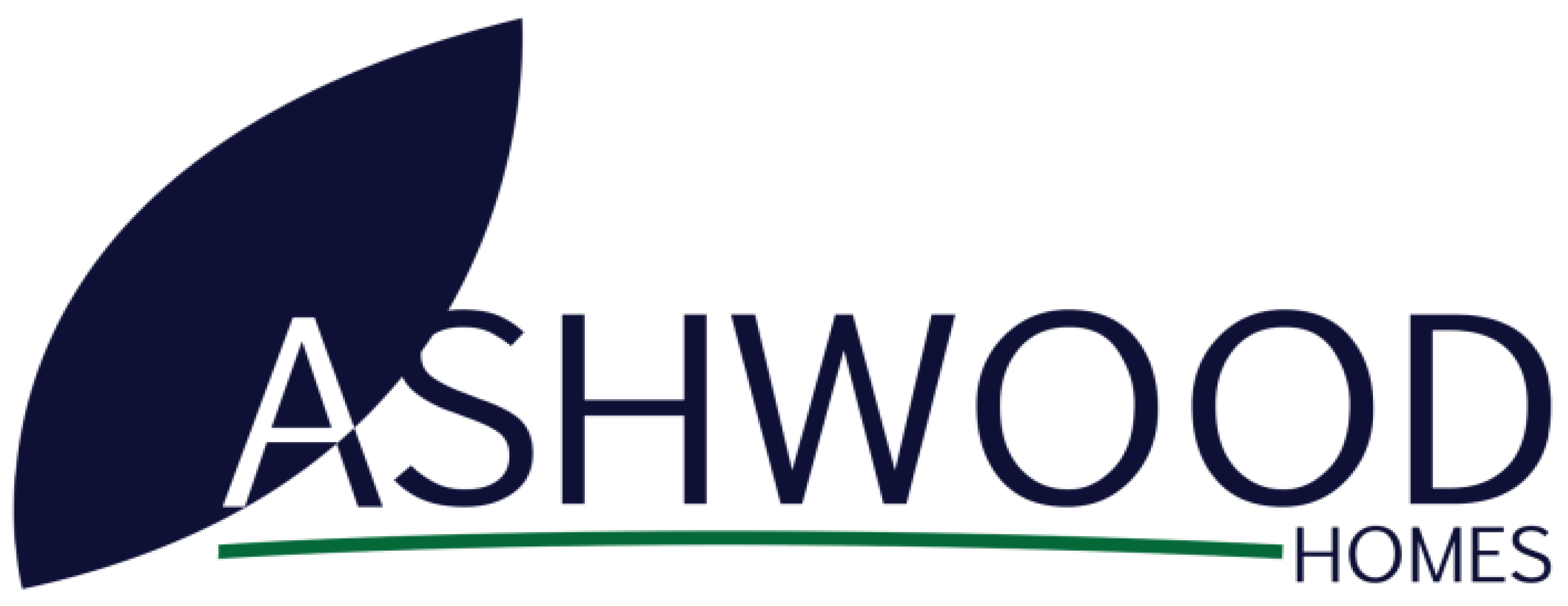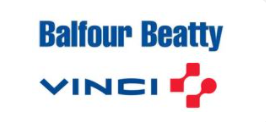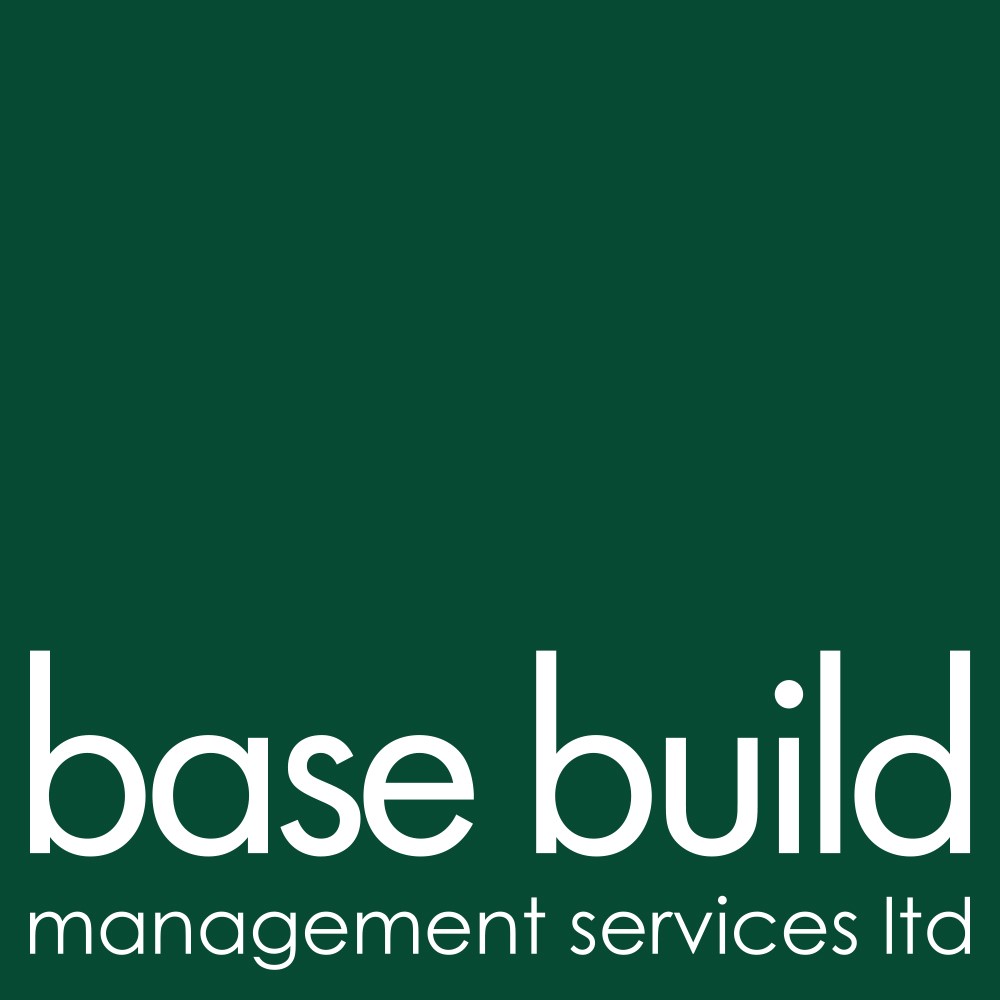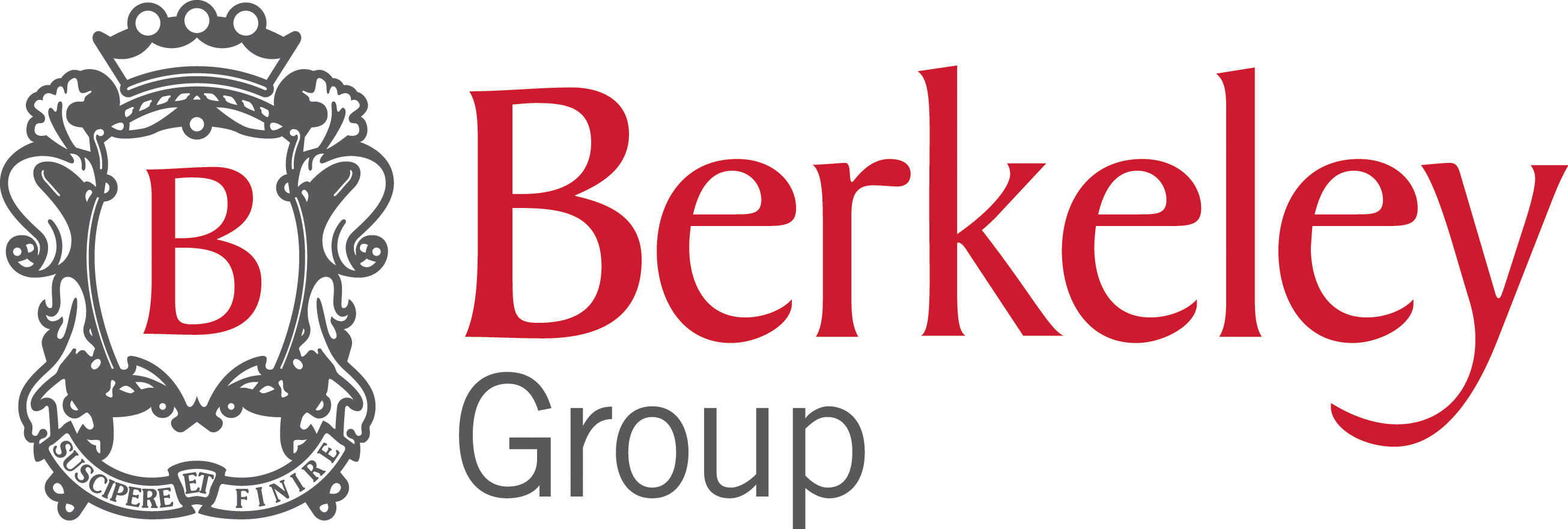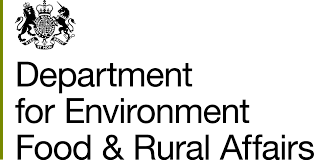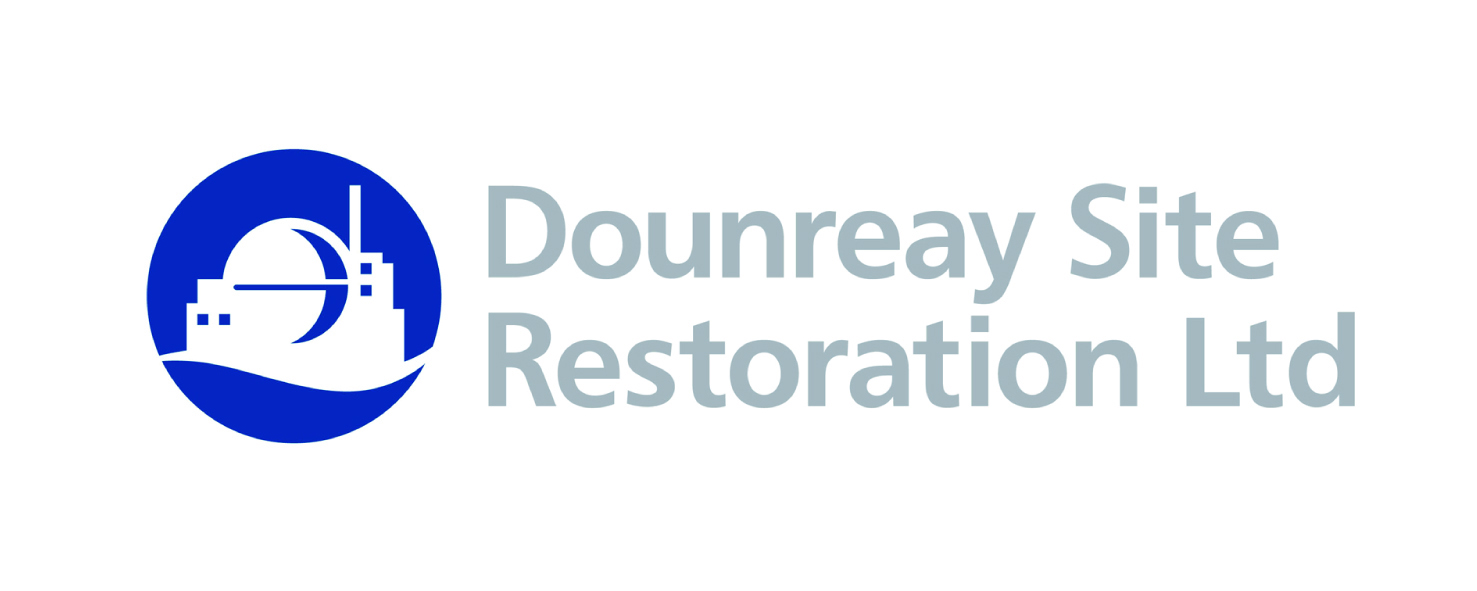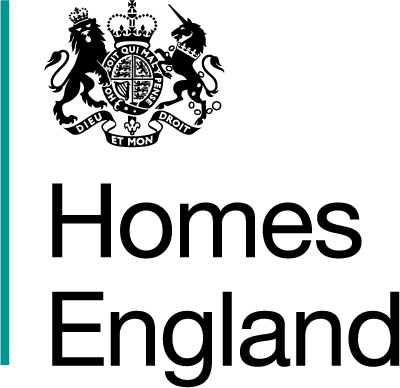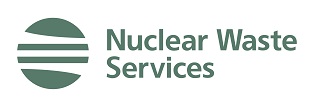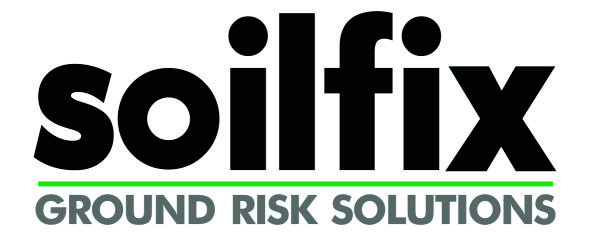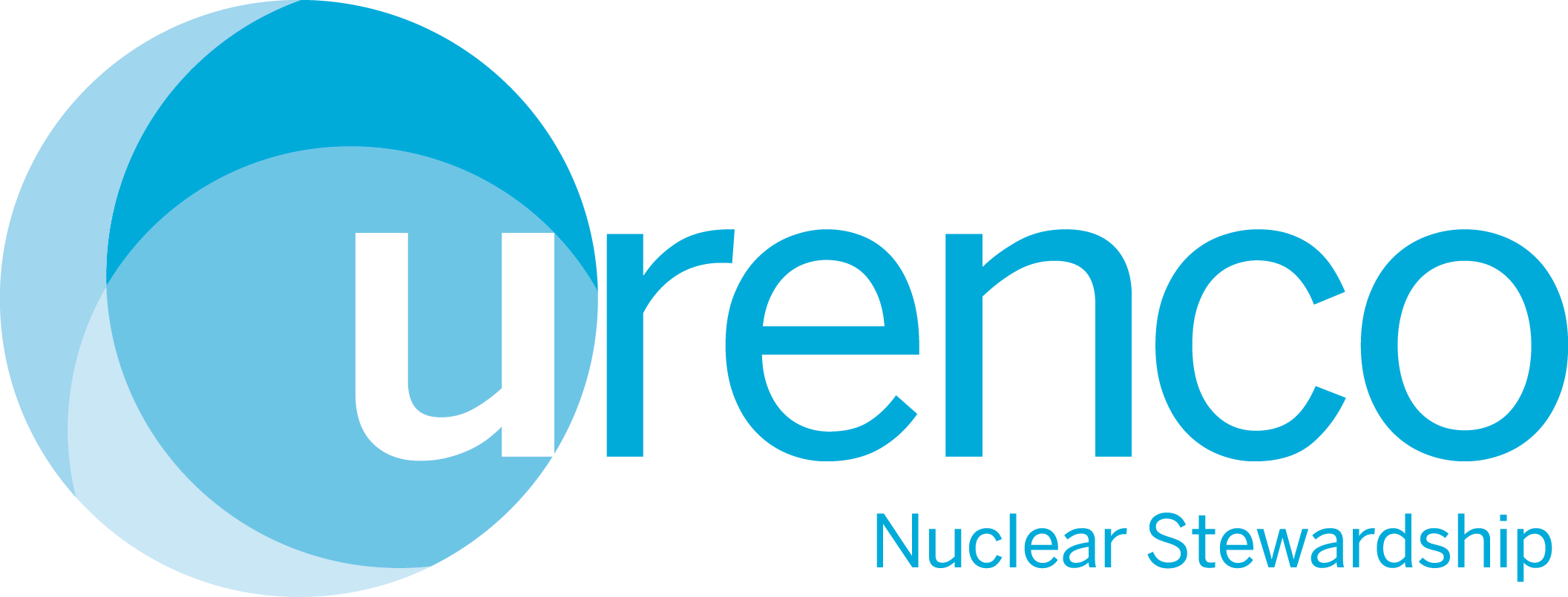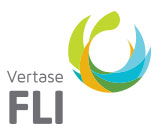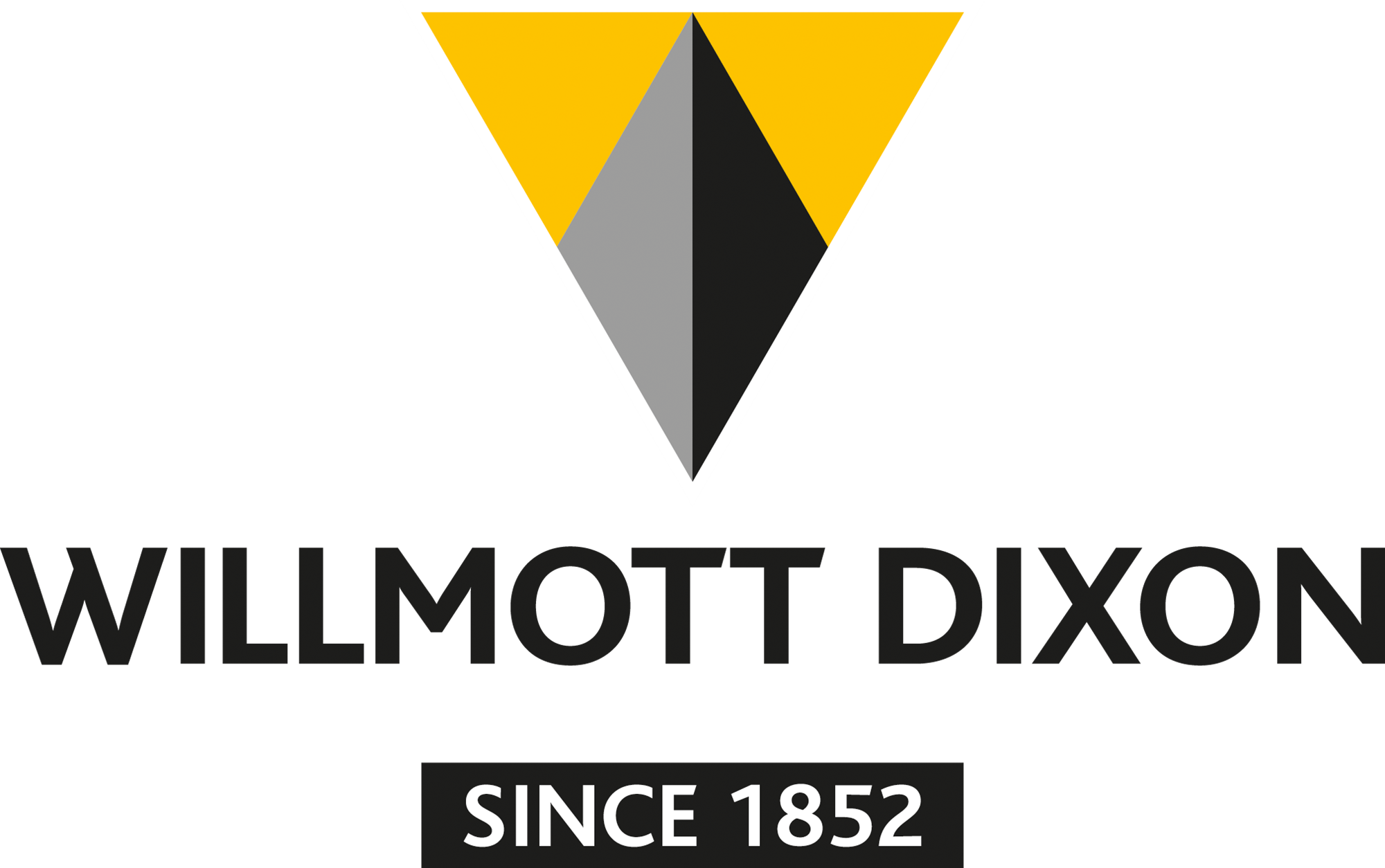CLUSTER Initiative
Developed by CL:AIRE and funded by Grantscape, The Homes and Communities Agency, National Grid, Sheffield City Council, SAGTA (Soil and Groundwater Technology Association), and VHE to establish a systematic and sustainable approach to dealing with certain types of contaminated sites.
Cluster is a method for developing and remediating a group of sites that are relatively close to each other that would be either uneconomic to develop on their own or represent an opportunity to act in a more sustainable manner, for example to save on costs, reduce resource consumption and environmental impacts. In addition, significant reductions in the timescale of projects may be achieved. With the added advantage of bringing a number of contaminated and derelict land back into beneficial use with associated community gains.
After treatment on the hub site, some or all of the material may be suitable for use on either the originating site or on another site within the Cluster group. In addition, some materials may be treated to enable their reclassification from hazardous to non-hazardous, thereby providing the opportunity to dispose of materials with no reuse potential in local waste management facilities.
Cluster projects have three guiding principles in that they are:
- Temporary – operate only as long as the sites defined within the Cluster are being developed
- Local – in terms of being demonstrably appropriate having regard to participants and their sites, geographical distance, relative savings and practical issues
- Provide a more sustainable way of developing land
Cluster is an excellent vehicle to deliver:
- Cost savings
- Reduced waste production and diversion of waste from landfills
- Reduced resource consumption
- Reduced vehicular emissions
All of which supports Government policies relating to sustainable development underpinned by a risk based decision framework and “suitable for use” approach. It furthers the “proximity principle” and supports bringing land back into beneficial use as set out in the National Brownfield Strategy.
There are a number of organisations and individuals that can benefit from developing land via the Cluster approach. These include:
Landowners / Developers
A single landowner/developer may provide the Hub site and the Donor and Receiver site(s), particularly those with sites with similar contaminant profiles.Alternatively other landowners/developers may consider putting their site forward as a Hub site with a view to developing a commercial short-term venture with a contractor. Owners/developers of other sites may subsequently become part of a larger Cluster, with the treated materials providing a source of imported materials.
Local Authorities
Cluster may provide a more effective solution whereby a number of sites in a single local authority boundary, or in partnership with neighbouring local authorities, can be developed. For example, town centre regeneration schemes or facilitating a regional master plan.
Contractors and Consultants
Cluster may represent a method whereby a contractor or consultant can deliver a cost effective solution to developing a number of sites in the same locality and hence delivering greater value, or furthering their clients environmental and social policies. For contractors it may also represent an opportunity to develop a short term commercial venture with a landowner.
In effect, Cluster encourages a joint and voluntary approach to the remediation of land affected by contamination and cost efficient development of other land.
For further information of the Cluster project, please contact us via the Help Desk.




